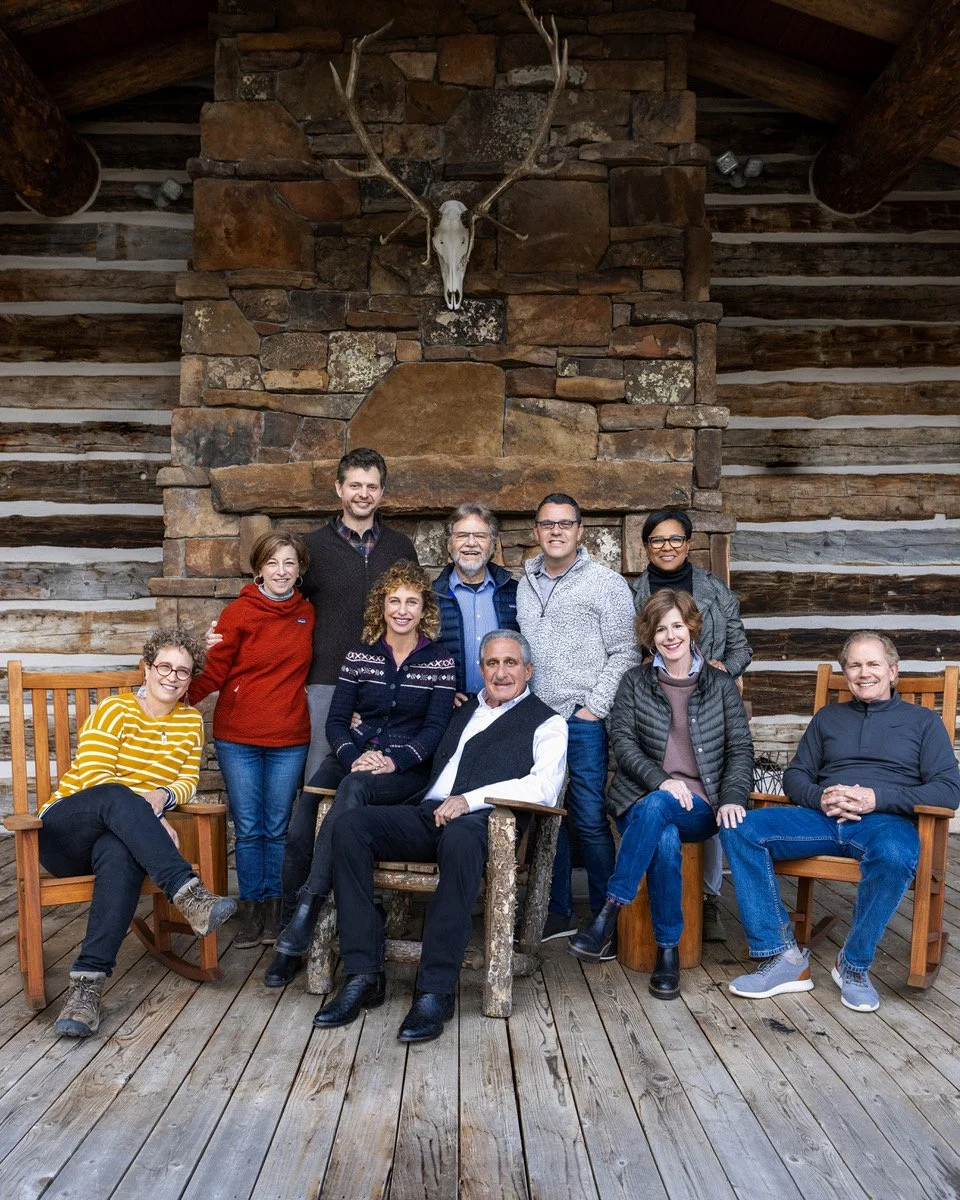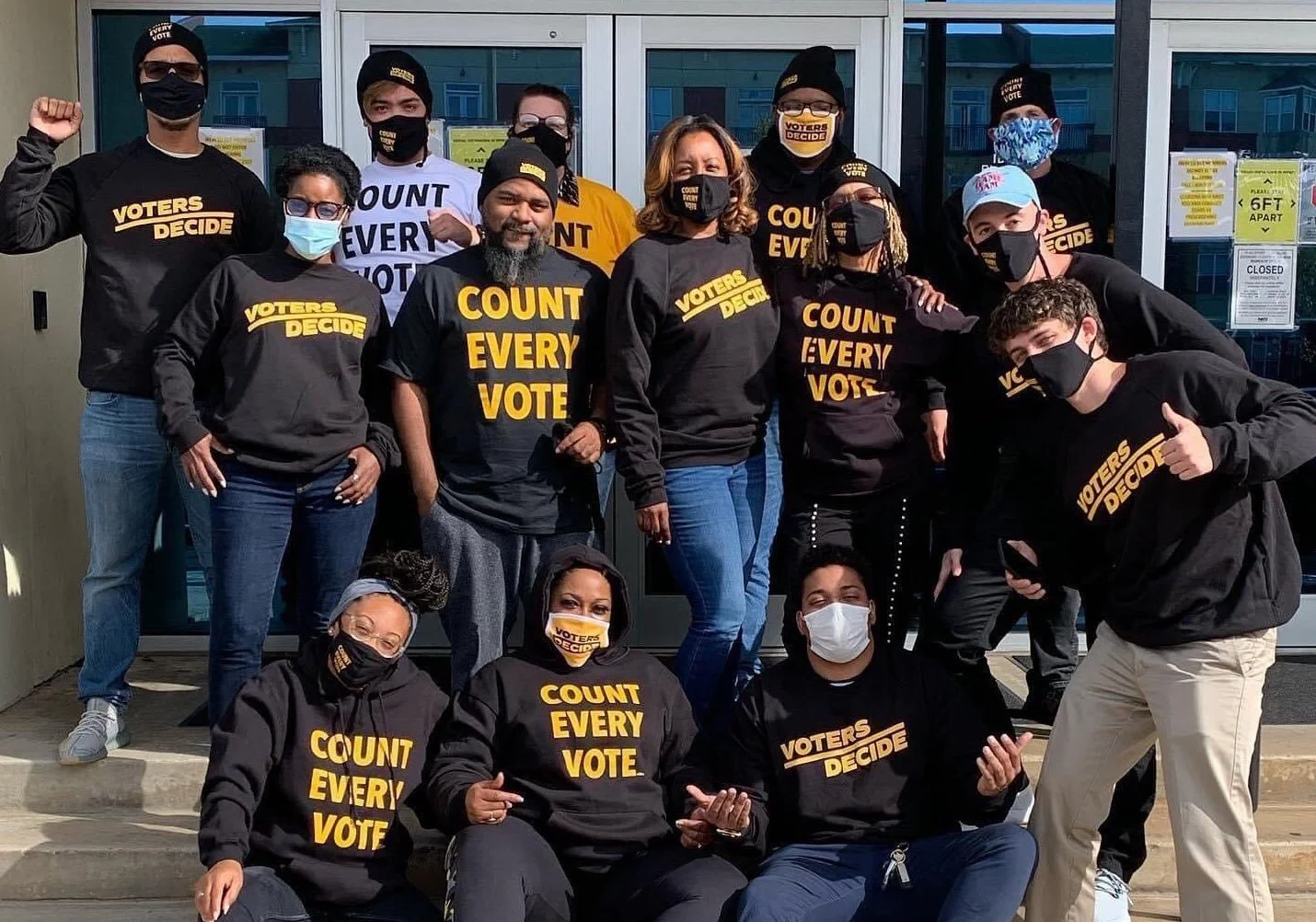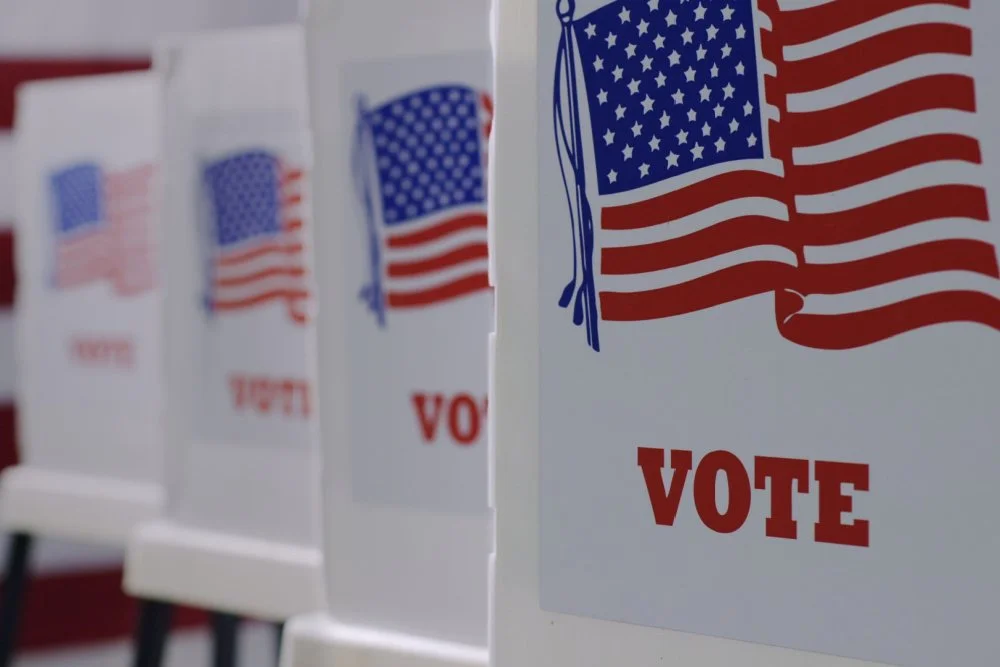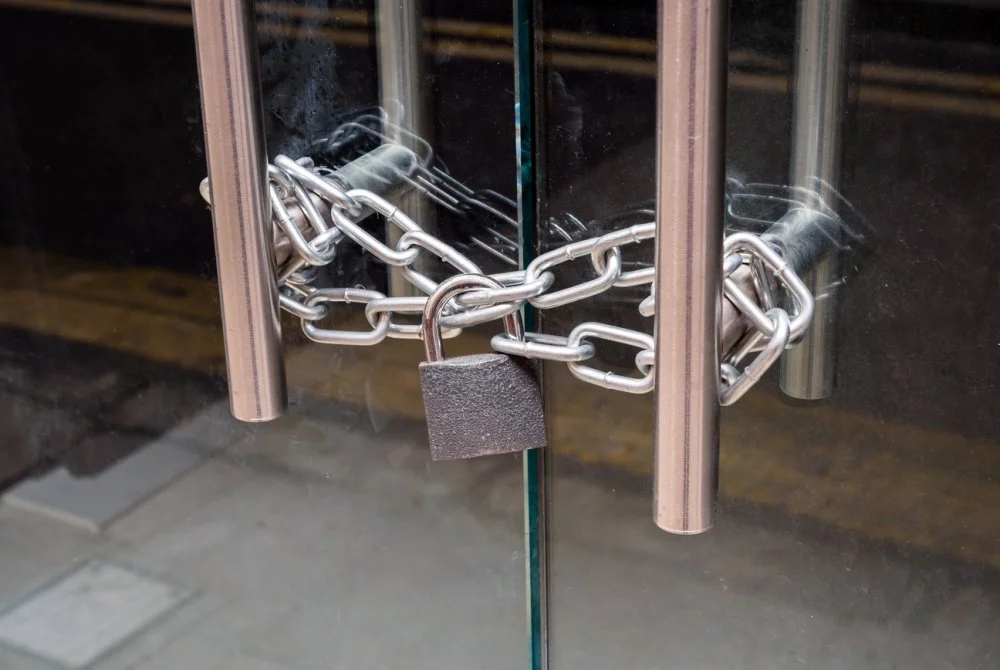Building Power: A Foundation Sees Voter Mobilization as a Pathway to Racial Justice
/Editor’s Note: This article was first published in May 2018.
Based in Oakland, California, the Akonadi Foundation has been a steady force in social justice philanthropy at the local level. This is a funder we’ve watched closely over the years because it’s always one step ahead of the curve and is often cited as a nationwide model for grantmakers embracing movement-building and thinking more boldly about racial equity. Akonadi's president, Lateefah Simon, has emerged as an important voice in philanthropy since she took the job in 2016.
Earlier this year, we highlighted a new $1.4 million Akonadi commitment that reached 15 organizations engaged in the racial justice movement and largely provided multi-year support. More recently, Akonadi stepped into different territory with its racial justice giving.
A total of $260,000 in new grants is going toward voter engagement efforts by five racial justice organizations in the Bay Area. The goal of these grants is to get 10,000 people to the polls in Alameda County, where turnout by low-income residents and people of color has often been low. Local racial justice nonprofits are looking to expand their reach right now and translate the new activist energy of the Trump era into political power.
“It is vital that we inspire our communities to get involved in choosing their leaders,” Akonadi Foundation founder and board chair Quinn Delaney said in a press release. “Philanthropy must show up for our communities by making voter engagement and building power a visible and high priority.”
This effort by Akonadi is part of a larger voter mobilization push underway in California with the goal of increasing the political voice of under-represented constituencies. Through a collaboration called the Million Voters Project, which launched in 2016, the state's strongest community-based networks are working together to get 1 million new voters to the polls in 2018. The group says that there are over 7 million eligible people in California who aren't registered to vote and another 5 million that are likely to sit out the next election. Many of these non-voters are from communities of color. Recently, MVP won support from the Chan Zuckerberg Initiative. Last year, the Irvine Foundation also provided support for MVP, as have other foundations.
There’s a California primary election in June, and racial justice groups are gearing up for that right now. The Urban Peace Movement, Black Futures Lab, PICO California, the Ella Baker Center for Human Rights and Oakland Rising are some of the groups working in this space that have all now received Akonadi’s voter engagement support. The simple idea here is that racial justice will be more achievable with the right public officials in place.
“Our communities are greatly impacted by the decisions made by elected officials,” said Prince White, program and policy campaign coordinator with Urban Peace Movement. “This investment will allow us to reach people who have not been engaged before—mothers who have lost children, people who have been formerly incarcerated–and educate them about the power they have to choose leaders who share their values.”
Over the past few years, and especially since the 2016 election, Inside Philanthropy has covered many efforts by funders to strengthen social movements. At the end of the day, though, the impact of movement-building is limited if this energy can't be translated into political gains. While many foundations are skittish about grantmaking that appears to stray into the electoral arena, there's actually a lot that these institutions can legally do to influence voting outcomes, as we've discussed in the past—starting with backing voter mobilization efforts. It's not surprising to see an edgy funder like Akonadi embrace this kind of work in its home region.
Only about 30 percent of people in Alameda County showed up to vote for California’s primary election in 2016, compared to the statewide average turnout of 43 percent. Voter engagement has been particualrly challenging in the flatlands of Oakland lately, with far lower turnouts here than in the more affluent neighborhoods of the city.
Since 2000, the Akonadi Foundation has given over $35 million to nonprofits, with almost all grants staying in the Bay Area.
Related:







































